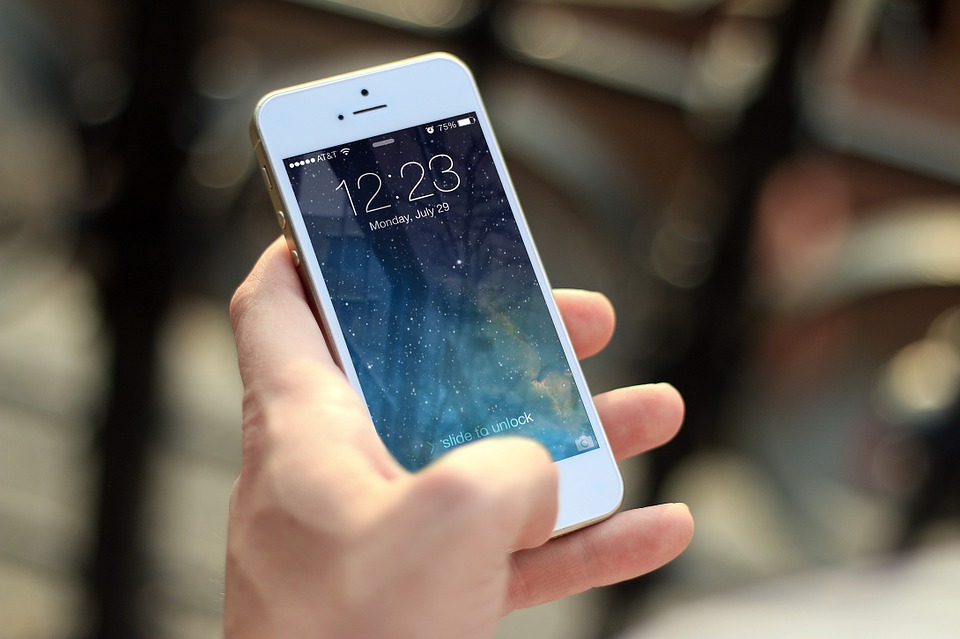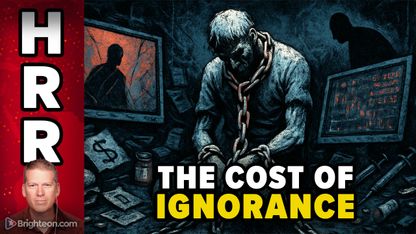
(Cyberwar.news) For months the FBI complained that it needed Apple Inc.'s help to unlock a locked iPhone belonging to one of the San Bernardino terrorists, even going to court to try and force the tech giant to specialty build a backdoor into that one device so it could extract potentially valuable information.
Eventually, reports noted, the FBI managed to crack the locked phone with help from the shadowy hacking underworld. Now, however, it appears as though the nation's top federal law enforcement agency no longer needs Apple's help following reports that the agency has managed to break into a second iPhone device on its own.
As reported by Government Executive, the FBI, as it did in the San Bernardino case, was attempting to use the courts to force Apple to develop software that would allow it to access this second device. However, the Feds dropped their case (again) after someone was able to provide investigators with the iPhone’s passcode.
What’s more, as in the first instance of breaking into the terrorist iPhone, the FBI is not sharing with Apple how it managed the feat, leaving the technology giant with a huge problem – figuring out how the bureau did it.
Now, according to The Wall Street Journal (paywall), the FBI was given the passcode by the iPhone’s owner, Jun Feng, who had previously claimed he had forgotten it – but is this just a way for the government to avoid having to share its break-in capability with Apple?
Consider that after it was learned the FBI paid someone more than $1 million to hack into the San Bernardino phone, it also became known that the capability to hack into an iPhone existed. Now, the FBI dropped another court case seeking to force Apple to help break into one of its own devices after claiming that a suspect who said he didn’t remember his passcode suddenly remembered it. That’s possible, of course, but it doesn’t seem likely given a few other developments.
First, the FBI is not likely to share with Apple how it got around the passcode security measure in the San Bernardino case. Secondly, the FBI has sent a memo to local law enforcement personnel offering to help them hack into any iPhones they need access to in the course of an investigation.
While the Feds have said that the hack of the San Bernardino iPhone only applied to a “narrow slice” of the devices, there is no reason to believe that the forensic hackers the agency used in this case are incapable of cracking the operating systems of later-model devices.
Some have speculated that eventually the FBI will see through one of these cases against Apple, but that leaves open the possibility that the agency will have to reveal, under oath, how it has managed to access these locked devices (because surely Apple’s lawyers will want to know, right?). If that happens, then Apple will find out exactly what it needs to do in order to boost security of future devices, which then renders moot the technique for which the FBI (taxpayers) paid such a handsome fee.
The only respite for the agency would be if the courts ultimately held that Apple must indeed provide federal law enforcement officials with access to its devices. But then Apple could simply deny it has the ability to create so-called back-door access to its iPhones, iPads and such – again leaving the Feds out in the cold.
The better play for federal law enforcement might just be to keep quiet about the whole thing, if, in fact, the Feds have managed to discover a way to access some of the toughest encryption in the private sector. Time will tell.
If that is the case, though, then all of Apple’s devices may very well be compromised.
More:
- FBI chief says outside hacking tool only works on ‘narrow slice’ of iPhones
- FBI drops case against Apple as the agency mysteriously gains access to terrorist iPhone
- Apple: Founders ‘would be appalled’ by Justice Dept. demand to crack iPhone
Cyberwar.news is part of the USA Features Media network.
Please contact us for more information.














